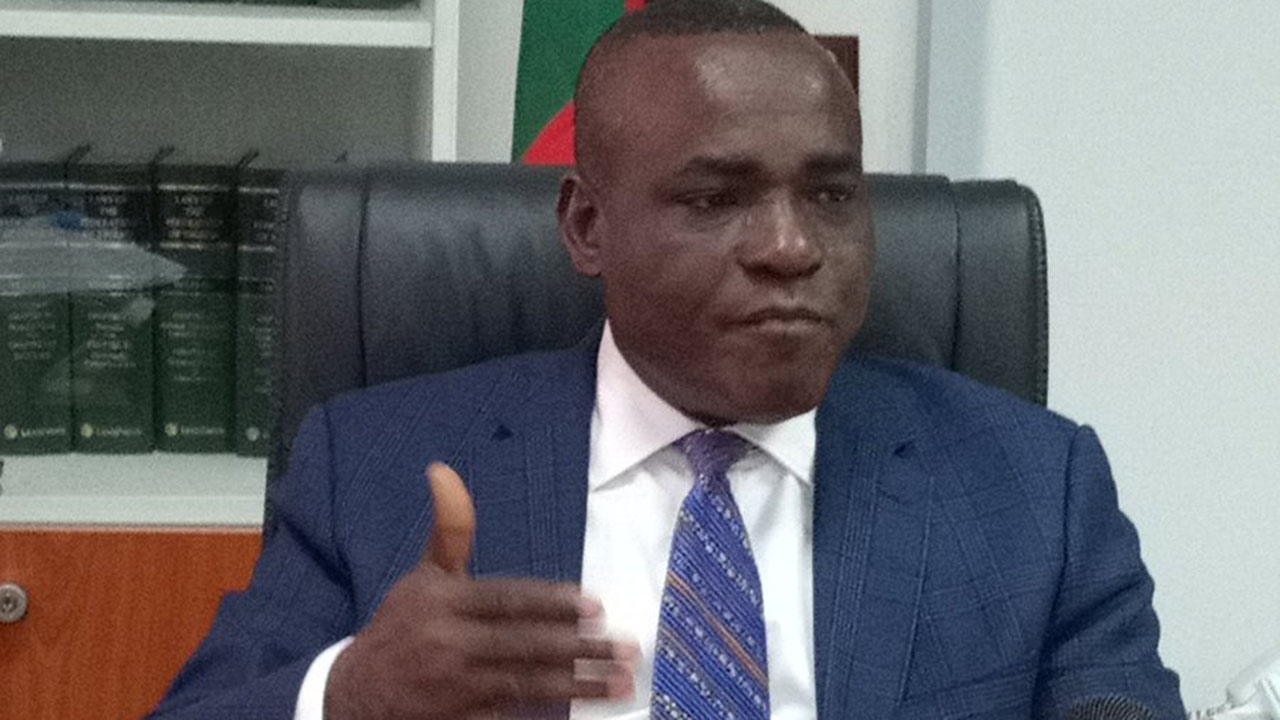
The Act prohibits agreements made to restrain competition such as agreements for price fixing, price rigging, collusive tendering etc. (with specific exemptions for collective bargaining agreements, employment, among others).
Under the new Act, the FCCP Commission replaces the Consumer Protection Council (CPC) established by the Act, and also makes provision for the establishment of a Tribunal to handle issues and disputes arising from the operations of the Act.
Similarly, all other laws on competition and consumer protection within the Federal Republic of Nigeria, save for the Constitution of the Federal Republic of Nigeria 1999, are subordinate to the Bill.
The Commission will however have a concurrent jurisdiction with all other Government agencies or sector regulators.
According to the CPC, by the new Act, Nigeria has promulgated perhaps the most prolific legislation for promoting consumer confidence, choice, and fair pricing.
“By the same token, the law deepens the framework for encouraging and supporting small and medium scale businesses by ensuring a playing field that eliminates entry barriers and operational obstacles, which prevent sustainability and profitability.
“By this law, the Federal Government has cemented the most needed efficient and transparent framework for meaningful and credible disposition of public enterprises, expanding economic growth and assuring shared prosperity,” the CPC explained in a statement by its Director-General, Babatunde Irukera.
“As a leading market in Africa, a vibrant competition framework is a key tool in reducing poverty, increasing value for money and ensuring consumer satisfaction.
“This demonstration of fidelity to consumers and citizens while continuing to promote Nigeria as a leading destination for investment is an outstanding achievement, and a historic milestone in the development of Nigeria, and prioritisation of her people both from consumer protection and economic competitiveness standpoints.
“We at the Consumer Protection Council will engage every tool and provision in this new law, and any other enactment for the protection of consumers to ensure fair treatment and respect for Nigerian consumers,” Irukera added.
Senior Special Assistant (SSA) to President Muhammadu Buhari on National Assembly Matters (Senate) Ita Enang, in a statement said that upon assent, the Act has been remitted to the National Assembly/appropriate authorities as law of the Federation.
Enang said the functions of the Commission are to: “Initiate broad based policies and review economic activities in Nigeria, to identify anti-competitive, anti-consumer protection and restrictive practices which may adversely affect the economic interest of consumers and make rules and regulations under this Act and any other enactment with regards to competitions and protection of consumers.
“Advise the Federal Government generally on national policies and matters pertaining to all goods and services and on the determination of national norms and standards relating to competition and consumer protection.
“Report annually on market practices and the implications for consumer choice and competition in the consumer market. Eliminate anti-competitive agreements, misleading, unfair, deceptive or unconscionable marketing, trading and business practices.
“Resolve disputes or complaints, issue directives and apply sanctions where necessary. Regulate and seek ways and means of removing or eliminating from the market, hazardous goods and services, including emission, untested, controversial, emerging or new technologies, products or devices whatsoever, and cause offenders to replace such goods or services with safer and more appropriate alternatives.”
For the real sector, competition from imported goods remains a major threat to local producers, considering the low level of penetration into the Nigerian market as well as low consumer purchasing power that has increased preference for cheaper items.
According to the Manufacturers Association of Nigeria (MAN), while access to foreign exchange is improving, there is a gap in inventory of unsold stocks lying in the warehouses of manufacturers.
“If they produce and cannot sell, there is nothing that can be done. The disposable income of the average Nigerian has been eroded. We are trusting that government will continue to work on reducing inflation and making forex available while the policies to ease business dealings in Nigeria are effectively implemented,” MAN added.
[ad unit=2]



